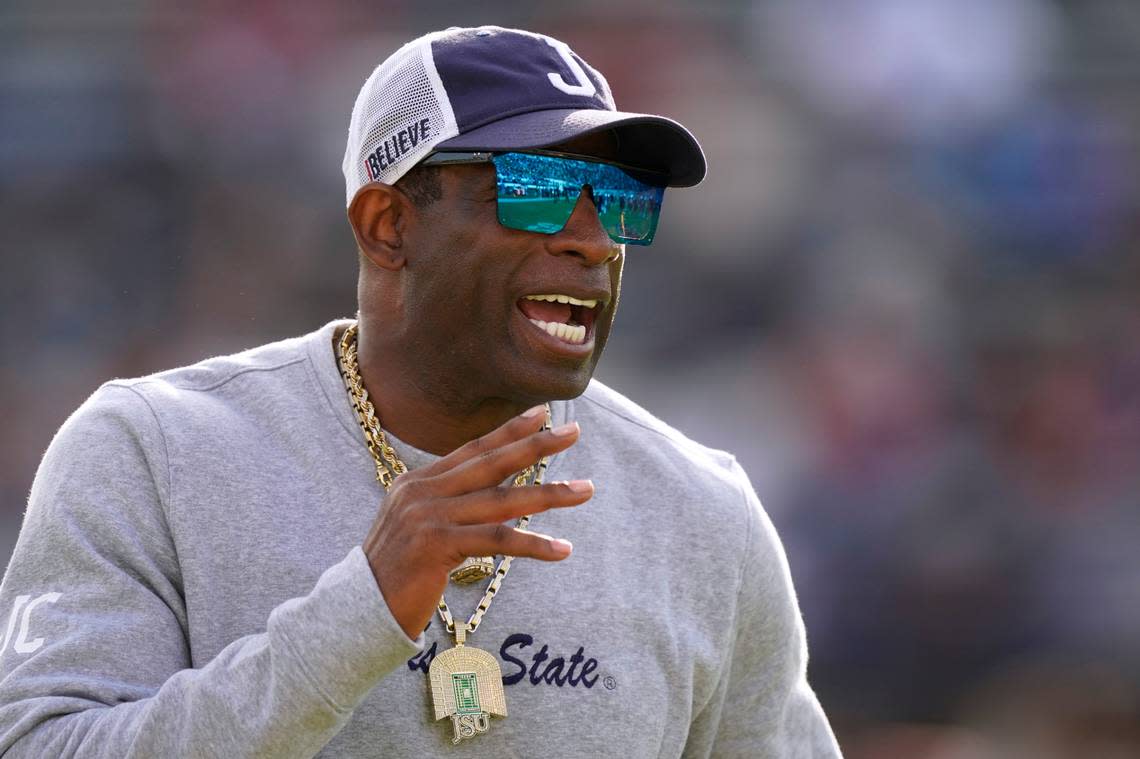Colorado is heading back to the Big 12, which now is targeting another Pac-12 school

According to multiple sources, it was the University of Colorado that asked the Big 12 for an invite, and its inclusion in the league is officially done.
The board members of the University of Colorado approved by a unanimous vote on Thursday afternoon that the school will leave the Pac-12 Conference to re-join the Big 12
On Wednesday evening, the Big 12 Conference held a conference call with the presidents and leaders of the respective Big 12 members, with the exception of the University of Texas and University of Oklahoma, both of which are leaving the league for the SEC next summer.
No one on the call objected to CU joining the league.
Colorado announced it will join the league in the summer of 2024. This will put the league at an odd number of member schools, 13.
According to sources, the Big 12 and commissioner Brett Yormark is now targeting the University of Arizona, which would likely mean an invitation to Arizona State University.
Colorado leaving the Pac-12 is the first major move this summer in the endless game that is major college conference realignment, the terrifying “sport” that has transformed the landscape of NCAA sports.
“I want to thank the Pac 12 Conference for the home it has provided to CU athletics for more than a decade. We look forward to maintaining the many partnerships developed with our Pac 12 colleagues,” Colorado president Todd Saliman said in a statement. “The landscape of collegiate sports is ever-evolving, and the University of Colorado Boulder has determined the Big 12 is the best future fit for our athletic teams. The move is good for our student-athletes and the university.”
Since Yormark was hired by the Big 12 as its new commissioner, he made it no secret to be aggressive in keeping the league competitive, behind the higher-revenue conferences, the Big 10 and SEC. That translates to expansion.
Although Colorado has been awful in football for the last 20 years, it is a coveted large, state school with a big fan and alumni base. CU’s enrollment is 33,000. It’s alumni base is excess of more than 450,000.
These are the essentials in major college athletics expansion, far more important than the school hiring Deion Sanders as football coach.
The Pac-12 losing Colorado is a damaging blow to commissioner George Kliavkoff’s hopes to keep the league not only intact, but to secure a new media rights deal it has yet to negotiate and secure.
Colorado was an original member of the Big 12, and was in the league from 1996 to 2010. It left to join the Pac-12 in 2010, but that league changed dramatically last summer when USC and UCLA announced they were leaving to join the Big 10.
With Colorado leaving the Pac-12, expect more to follow. It’s not rats off a sinking ship; more like a scared game of expensive musical chairs.
Since USC and UCLA made the announcement, a source said that both the University of Washington and University of Oregon are “of interest” to the Big 10. But the Big 10’s first goal is to potentially add Notre Dame, which remains independent.
The Big 10 will not wait on Notre Dame forever.
Not long after Texas and Oklahoma announced it would leave, the Big 12 added Houston, BYU, Central Florida and Cincinnati.
The Big 12 has talked to Gonzaga University about joining the league; sources said Gonzaga has expressed interest in joining only in men’s basketball, which league officials have no interest in.
The University of Connecticut is another school that has been attached to Big 12 expansion talks, but with the Pac-12 losing members the Big 12’s focus is targeting those universities first.
Colorado to the Big 12 will not create the same “quake” as Notre Dame to the Big 10, or UT/OU to the SEC, but this is a major move by a conference that finally looks stable.

